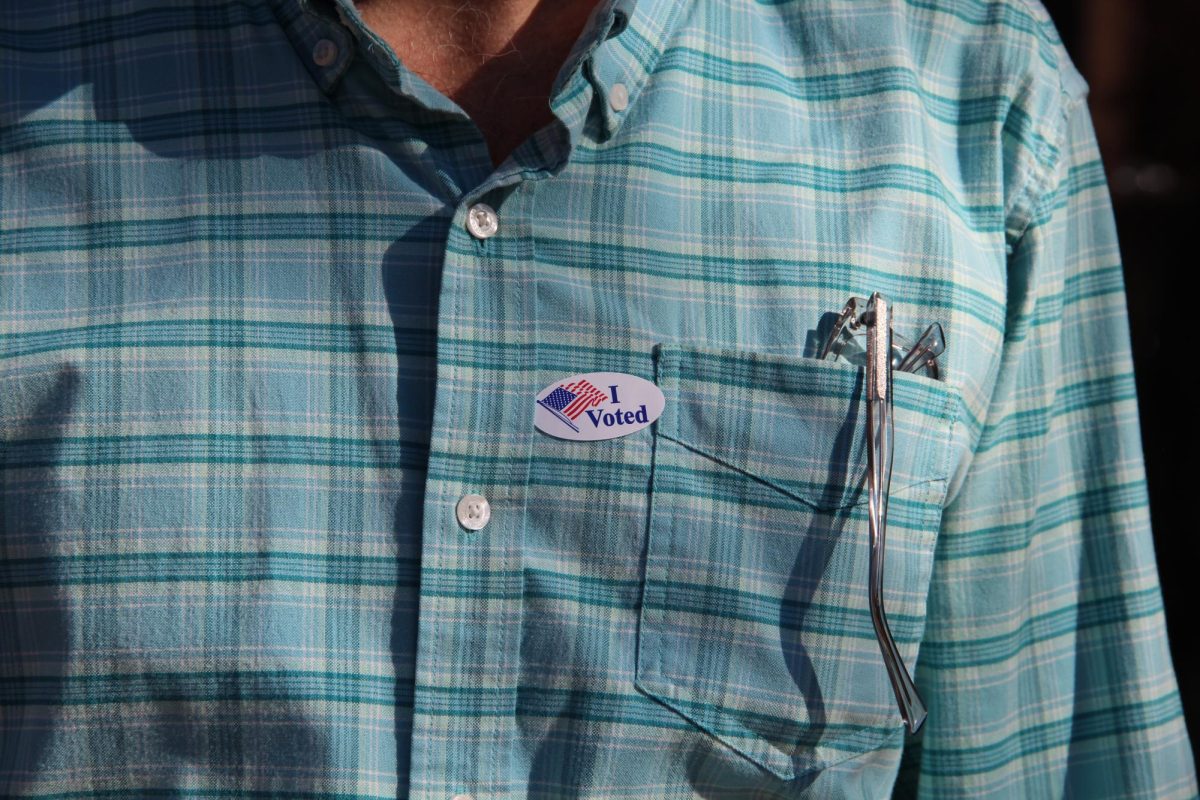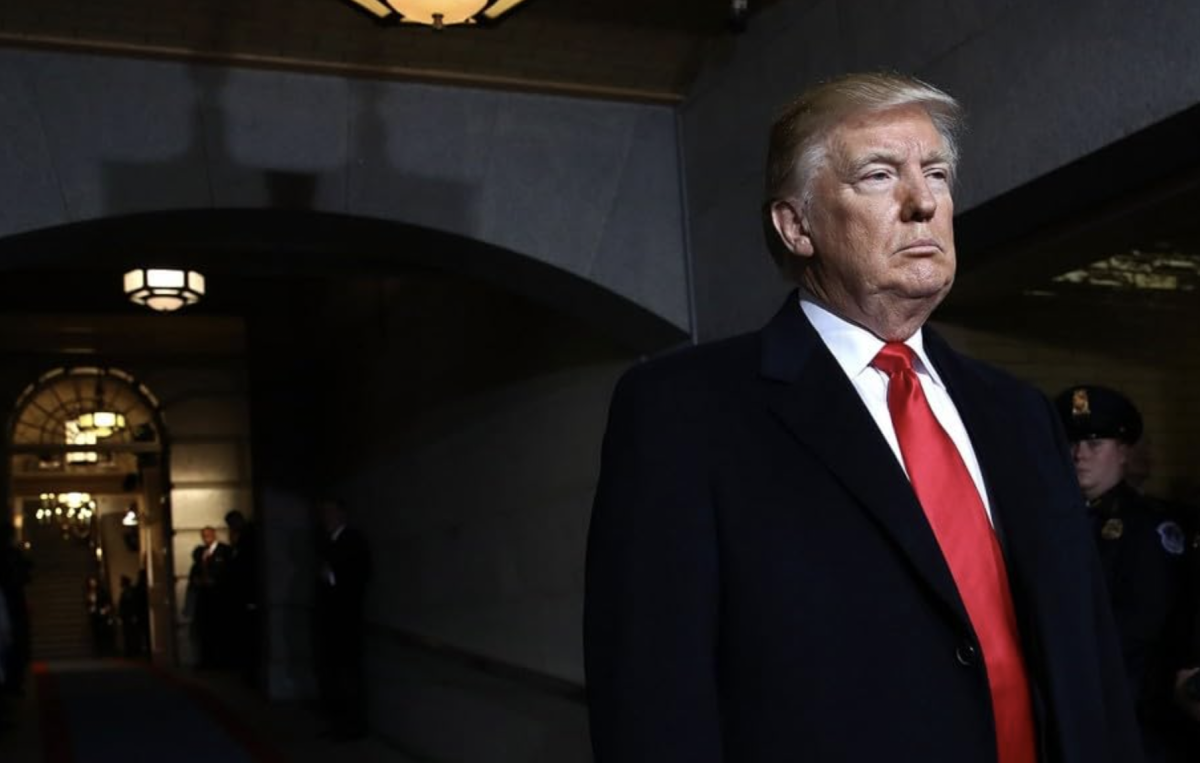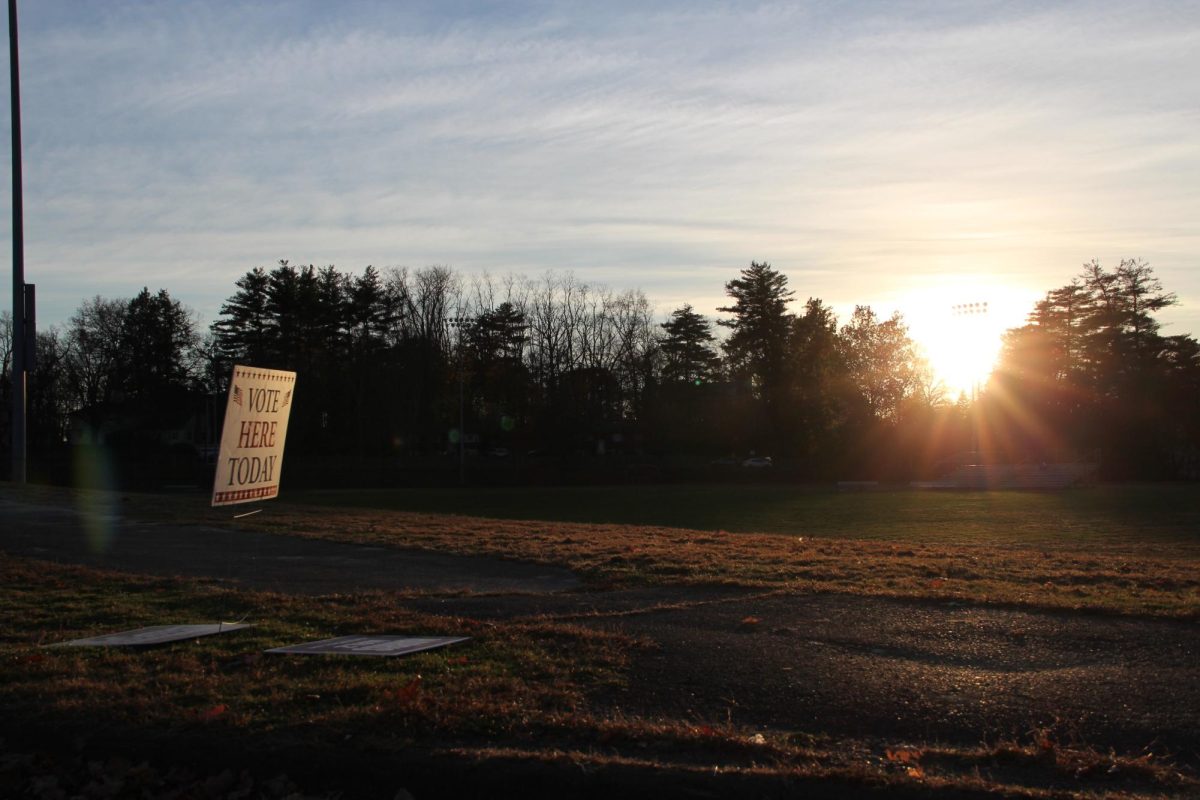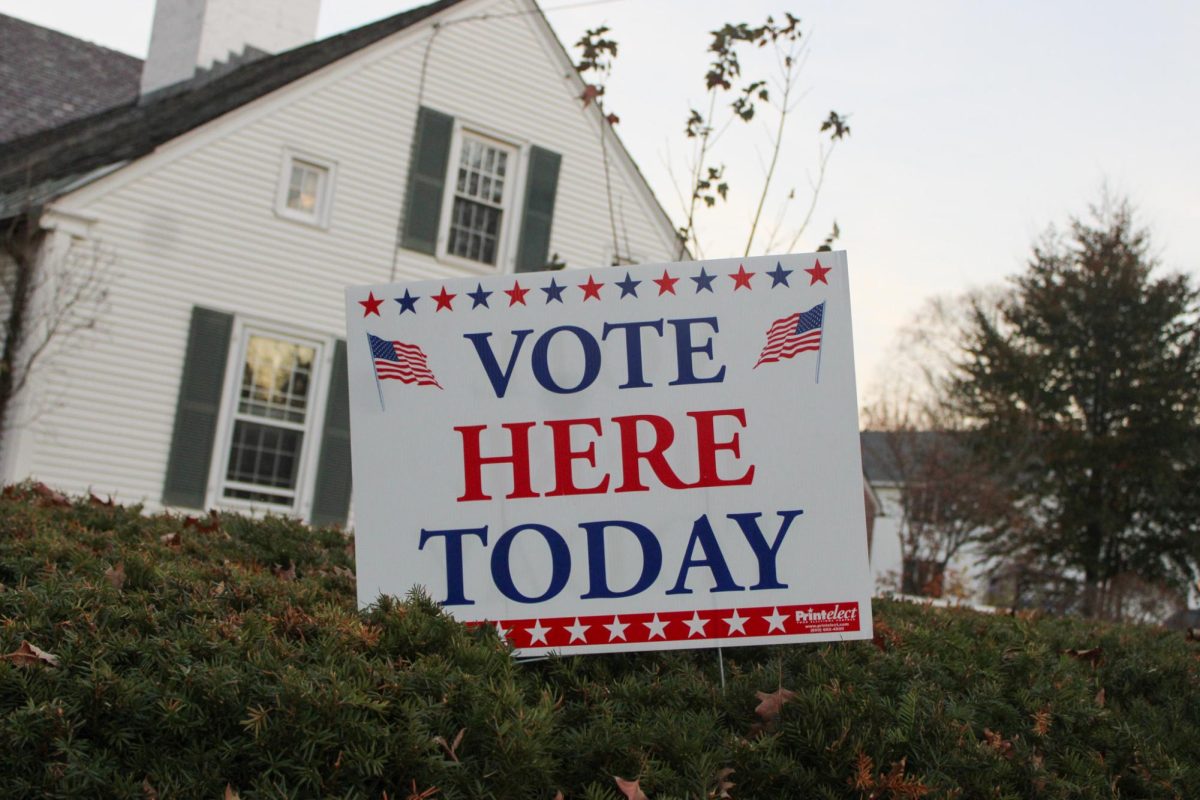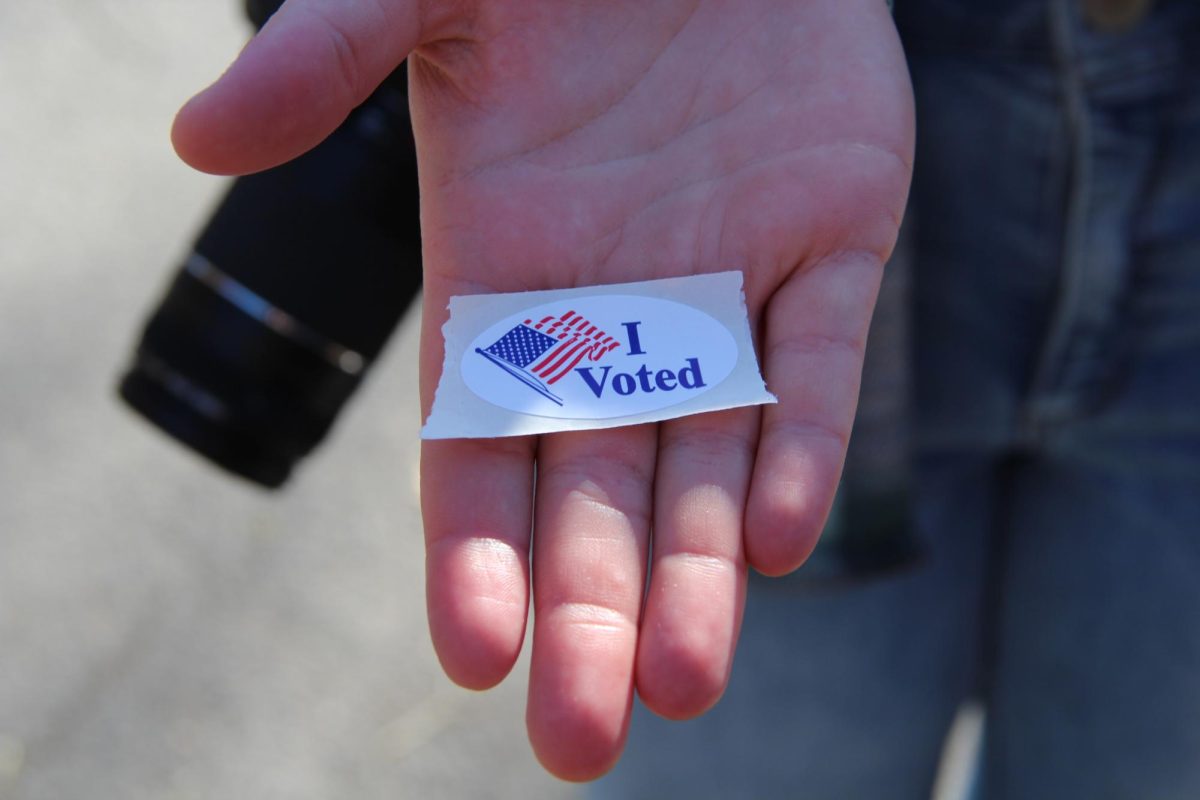Republican presidential nominee Donald Trump spoke to the press after casting his ballot in Palm Beach County, Fla. On a CNN broadcast he reiterated his, and many fellow Republicans’ views on our current electoral process, specifically on mail-in voting, saying, “Paper ballots, in France they want paper ballots, because mail-in wasn’t working, it was corrupt.”
At a time when the veracity of our elections is under question, and multiple key political figures in the Republican party continue to cast aspersions at the reliability of our electoral process, these comments are indicative of potential changes that Republicans may attempt to make to our voting system.
As we speak, state election chiefs or secretaries of state are up for election in over 10 states.
Missouri – Denny Hoskins, a Republican state senator is the frontrunner in the Missouri secretary of state race. He has repeatedly called the 2020 election fraudulent, pledging if he is elected, to rid the process of “the electoral fraud that took place in 2020 and stole the election from President Trump.” He supports hand-counting of ballots, and even filed legislation to that effect in December 2023. Hoskins would also eliminate drop-boxes, and opposed absentee voting in general.
He is running against Democratic state representative Barbara Phifer, a supporter of increasing voter access and ease of voting, who has strongly opposed many of Hoskins’s plans.
Montana – Republican incumbent Christi Jacobsen and Democratic Jesse Mullen are locked in a tight race for Montana’s office of secretary of state. Jacobsen opposes same day registration (and attempted to end registration at 12:00 p.m. the day before an election) and wants to make absentee voting harder. She supports strict voter identification requirements. Her democratic opponent Jesse Mullen, a Monatanan newspaper chain owner, has strongly criticized Jacobsen’s policies, and hopes to swing an upset victory in the deep-red state.
North Carolina – North Carolina’s elections are administered by the state board of elections and the director of elections, both of which are determined by the governor and the representatives in the state legislature. Current director of elections Karen Bell opposes Republican efforts to make voting tougher through voter identification and limiting same day registration. The state recently witnessed a political fight over control of the electoral process, as Republicans used their legislative majority to seize power from the governor’s office over election administration.
Oregon – A historically progressive state on voter rights, Oregon’s current secretary of state Tobias Read has continued that tradition. His Republican opponent, Dennis Linthicum, on the other hand, is entirely opposed to mail-in voting, and has repeatedly characterized the 2020 election as fraudulent. Linthicum runs as an underdog in this race, with Oregon being a Democratic stronghold.
Tennessee – The Tennessee legislature selects a secretary of state who then selects a state election coordinator, and with Tennessee’s Republican state house, the incumbent secretary, Tre Hargett seems a lock to retain his office when his term ends in 2025. During his tenure, he appointed Mark Goins as the elections coordinator, who in 2023 made voting after felony convictions significantly challenging, through introducing new fees and technicalities. Similar to their fellow Republican election administrators in other states, they support restrictions on mail-in voting and same day registration.
Washington – Democratic incumbent and winner of the 2022 special election Steve Hobbs is facing stiff competition from Republican challenger Dale Whitaker. Whitaker has expressed support for increasing restrictions on mail-in ballot availability, and voter registration.
West Virginia – In an odd turn of events, Mac Warner, the Republican incumbent for secretary of state in West Virginia, is likely to be replaced by his own brother Kris Warner. Both brothers are staunch election deniers, with Mac going as far as pinning blame on the CIA for stealing the election from Donald Trump. Democratic opponent Thornton Cooper, despite announcing his candidacy, has so far failed to establish a strong electoral presence.
Of the remaining states Delaware, Maine, Utah, New Hampshire and Vermont are also holding elections this year that decide their election administrators. The majority of the 38 other states will hold similar elections in 2026.
Manas Pandit can be reached at [email protected].

